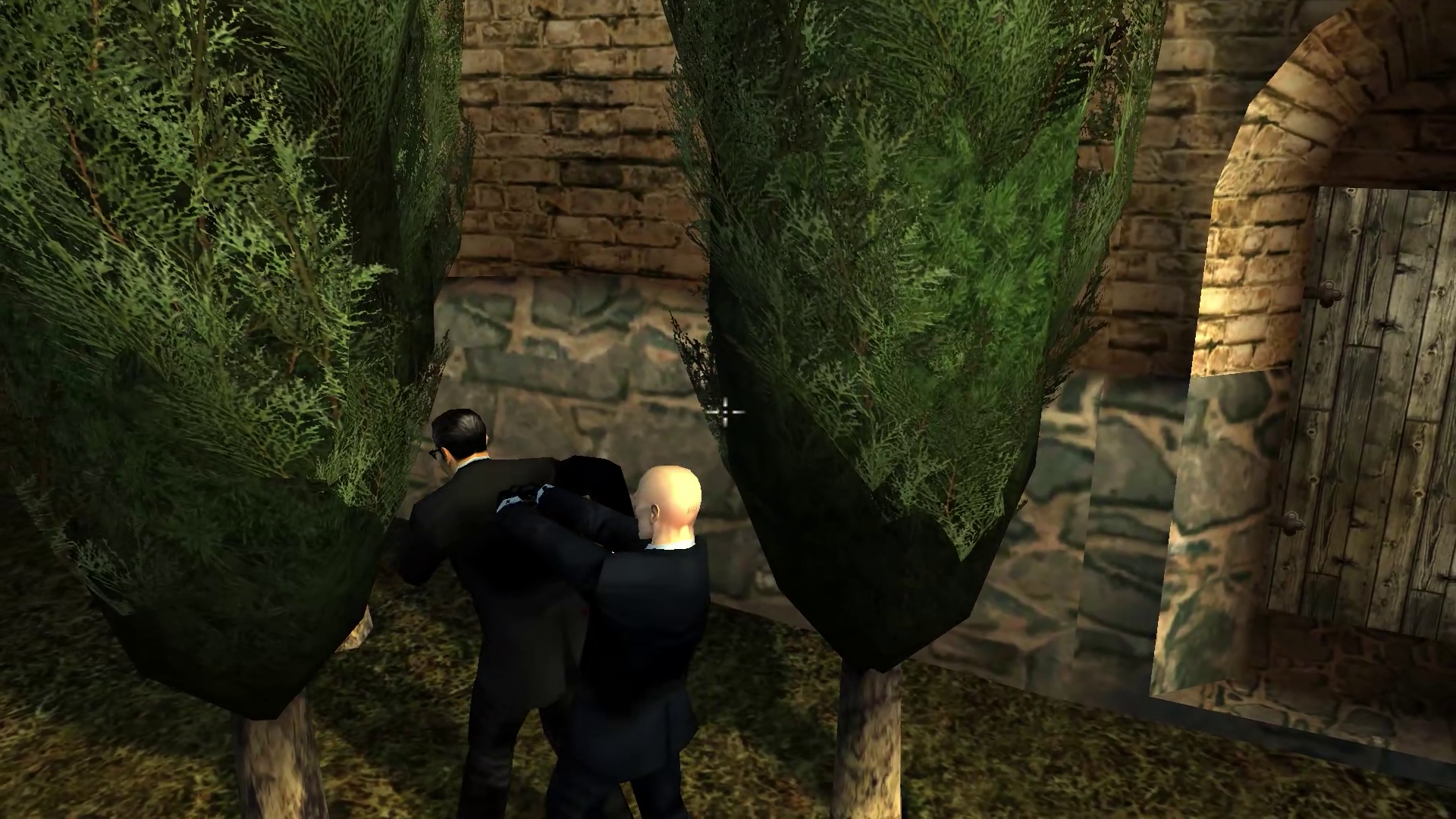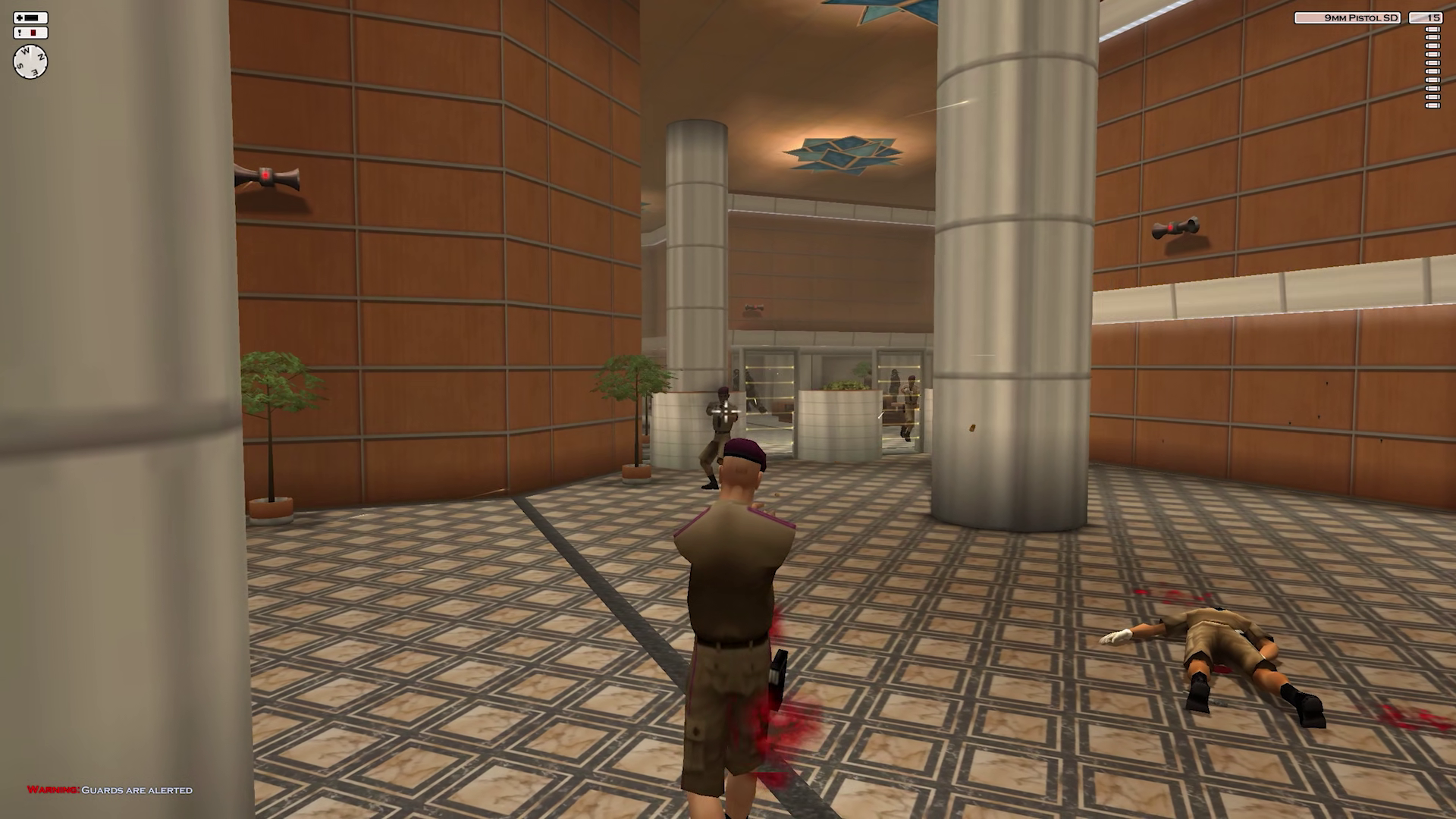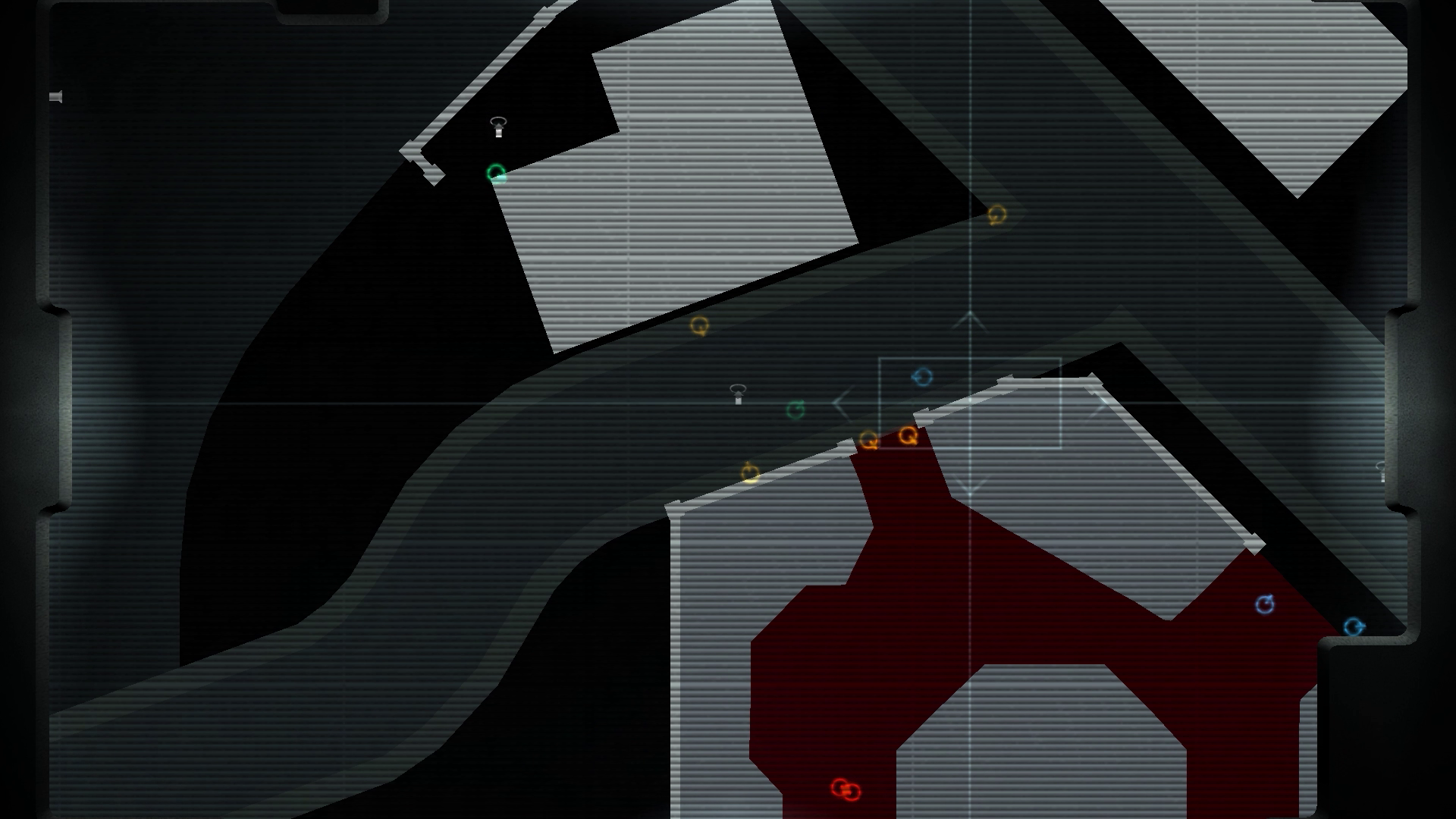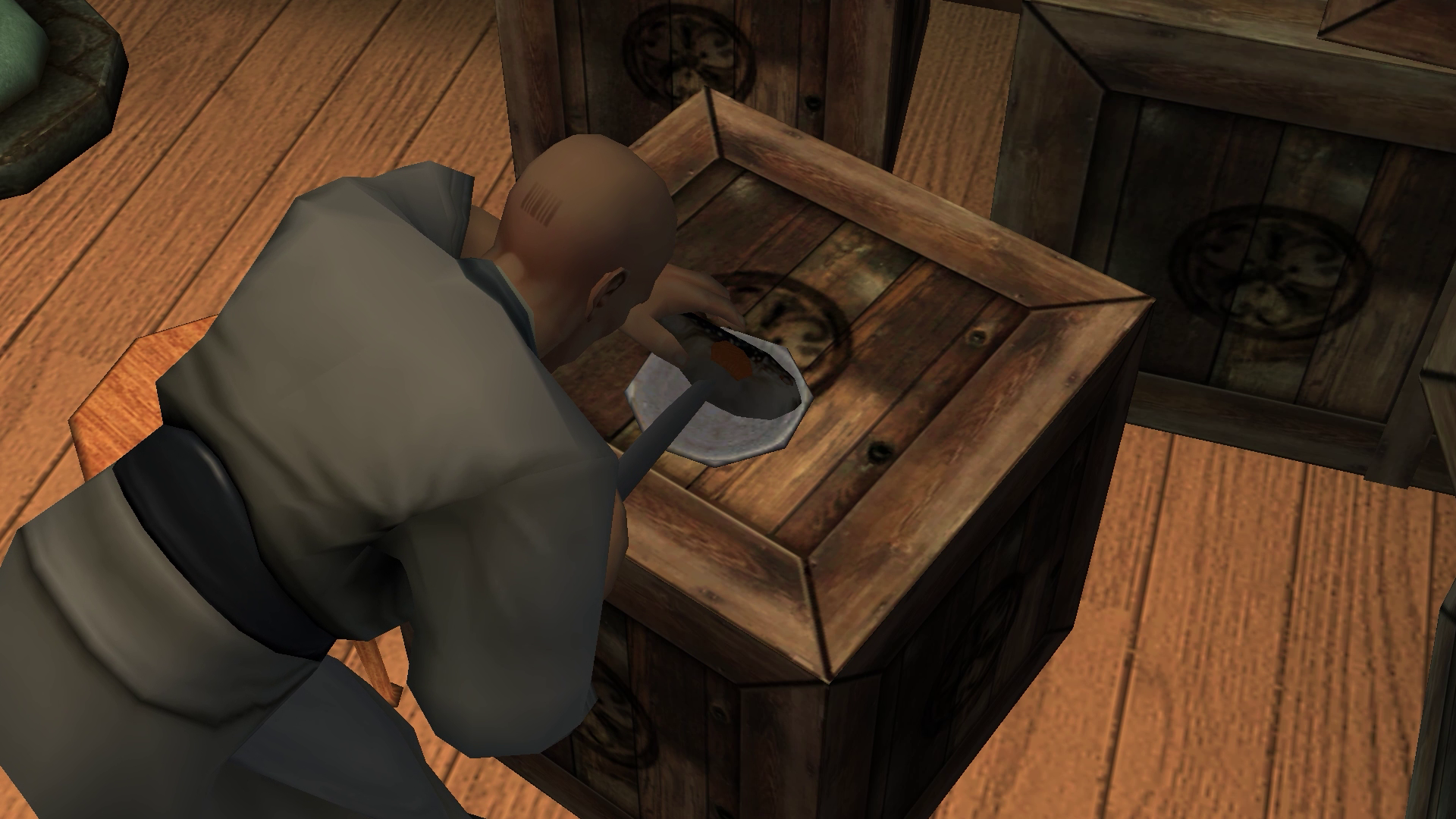Hitman 2: Silent Assassin was the birth of everything that makes the series great | PC Gamer - martinezustrave
Hitman 2: Silent Assassin was the birth of everything that makes the series great

You derriere break up the Hitman serial into a handful of distinct eras. There's the 'How the hell do we do this?' era. The 'Ohio, actually, this is how we do this' era. And there's the 'Hey, face everyone, we really roll in the hay how to do this now, but also we'll follow switching publishers with each release because this industry is kind of a mess' era. Oh, right, and there's also Absolution.
Hitman 2: Silent Assassin was the start of the second earned run average—a trilogy of games that took the unsanded promise of Hitman: Codename 47 and upturned it into a classical series that would, with each release, come closer to realising the foretell of its core idea. Released in 2002, Silent Assassin took the most appealing aspects of 47's eldest jeopardize, and honed in on the ideas that would help the series grow into some of the best stealth games you rear play right now.
Above: In our Reinstall video series we take a fresh consider old games. So far we've covered the likes of Blade Runner , Max Payne , The Dig , and, uh, the Lost videogame . You can also watch the above video happening YouTube.
The most important interchange to Hitman 2 is mighty on that point in its championship: "Silent Assassin". The first Hitman game did punish you for killing civilians, but otherwise you could be as loud as you wanted. You could go for a more stealthy approach, but it was entirely for your own gratification—the game not caring if you killed just your target, or every opponent guard along the path. And in most instances, being super stealthy would just make things much harder for yourself.
Tacit Bravo changed this thanks to its current rating system. You can still go in guns blazing—in fact, replaying the gimpy, I'm surprised how viable an option it is. 47 is far tankier than I remembered, able to take down a small army with health left to spare. But do so and the game volition break you a 'Mass Manslayer' rating, and you'll feel bad because deep down you know IT's not what a professional Hitman should do.
Or else, you're encouraged to go into and out with just about none tincture, cleanup almost no-indefinite except your target. There's some nuance to the system of rules Hera. You are allowed to kill one other person—even a civilian if you father't get up any alarms—meaning there's ever an easy way to get leastways one disguise to occupy you through the level. But mostly you need to be clean and quiesce. Just firing a gun can buoy raise your aggression meter and deny you a Silent Assassin rating—plane if it's a silenced pistol unemployed harmlessly at nothing. It means every obstacle needs careful consideration. If you kill a guard primal, you won't be able to later on—even out if things get foxy.

Hitman 2: Silent Assassin also added an option for a not-fatal takedown, which you'd think would make the silent approach much easier, but in practice it hinders more than it helps. Unlike in the recent Shoote trilogy, here anaesthetised guards will eventually wake up, and, when they do, you're troubled: because they will somehow cognize where you are.
Having played the early Hitman games when they first released, I ever knew the AI was a bit messy. But replaying directly, having practiced all the improvements of IO's recent games, even I was stupefied at just how ludicrous their behavior can be.
For representativ: whoever said that the definition of insanity is doing the same thing over and again and expecting a different result clearly never played Silent Bravo, which is less about empirical as it is trial-and-the-identical-trial run-once more-just-this-time-maybe-it-will-work.

The main culprit hither is the suspicion meter, which was another new feature for Silent Assassin. About the nicest thing I can say about it is that I can see what Io were disagreeable to act up. 47's disguises aren't double-dyed—he's still a bald laugh at with a barcode on the back of his head—so the possibility of being rumbled does total some tension to a level.
But it's wildly inconsistent. Sometimes a guard will berth you as you pass them in a corridor. But if you reload and walking down the same corridor in the synoptical way, they'll let you set about your murderous business. And god help you if anyone catches you gushing. A quick jog and the guns are in real time drawn. What if 47 just really needed a bathroom jailbreak? This is no way to run a workplace.
That certain characters consume an easier time identifying 47 suggests that at that place is some logic to how suspicion works, but good luck figuring it out Eastern Samoa you play. The upshot is it's a very frustrative game, where all new guard encounter could ruin your plan for no intellect you canful promise to identify. Stealing in Unsounded Assassin is more of an awkward dance, of hugging walls, and backtracking, and skirting close to enemies in the hope that they won't think that you don't belong. And if you really want to stay safe, you'rhenium forced to do a lot of walking; a stack of crouch-walk-to; a lot of huddling in a quiet corner, observance arsenic icons on the period of time map flit about, wait for an opening.

Some Contracts and Blood Money ill-used a vastly more forgiving version of the equal system. But newer Hitman games are much more transparent about who can see you or non. A UI index outright tells you if a precaution can see through your disguise. And spell it doesn't make much sensory faculty that 47 would instinctively know this, it sure removes a lot of the thwarting.
Gunman's a la mode trilogy is more clean and clinical than these ancient games, just because of how much information you'Re given upfront. They're less chaotic as a result, letting you program and perform based along a famous set of variables that behave systematically. They'Re more accessible too—the chokehold particularly providing an easier and always reliable non-deadly takedown option that candidly might be a little as well forgiving.
Unhearable Assassin, in contrast, is far more disorganised and undiscerning. Information technology's an vexatious game, but—partly because of that—a more thematically interesting one too. In that respect's an added tension and mystery, although—based on the umpteen downsides—I think Io were probably right wing to leave this style behind.

Silent Assassin's biggest achievement is its economic consumption of sandbox environments to create undisguised-ended levels that offer a variety of different approaches and takedowns. Codename 47 was far more restrictive, simply Silent Assassin has some real gems. The best is still its opening charge in a Sicilian Doroteo Arango, where 47 uses his binoculars to case outgoing his surroundings. Practice you disguise yourself as a letter carrier and enter through the main logic gate? Or dress as the legal transfer boy and stash a weapon in his crate? Or even snag the sniper rifle from the garage to take out Don Giuseppe from afar?
It's off the beaten track smaller than whatever modern Hitman sandpile, and most of Soundless Assassin's 21 missions are cold more rectilinear in approach path—like the Saint Petersburg hit that requires you to assault a specific target in a way full of generals, or the two truly severe missions that have you climbing a tons in order to infiltrate a castle in Japan, dodging snipers that will fool you for seemingly nobelium argue, true when you're disguised.
Only a handful of missions feeling like proper, changeable sandboxes, only the ones that do stick around in the memory. This was the first Hitman game that let you use an improperly prepared fugu Pisces to kill someone—a trope that the series has past posterior to a few times since. Much of Mute Assassin isn't very fun to play today, but in its better moments information technology contains everything that's still great about the series. IO successfully Drew along the winning ideas of Unarticulate Assassinator, ignore off the stuff that didn't quite an work, and—in doing so—successful the formula for an surprising series of blackwash sandboxes that we're still performin nowadays.
Source: https://www.pcgamer.com/hitman-2-silent-assassin-was-the-birth-of-everything-that-makes-the-series-great/
Posted by: martinezustrave.blogspot.com



0 Response to "Hitman 2: Silent Assassin was the birth of everything that makes the series great | PC Gamer - martinezustrave"
Post a Comment